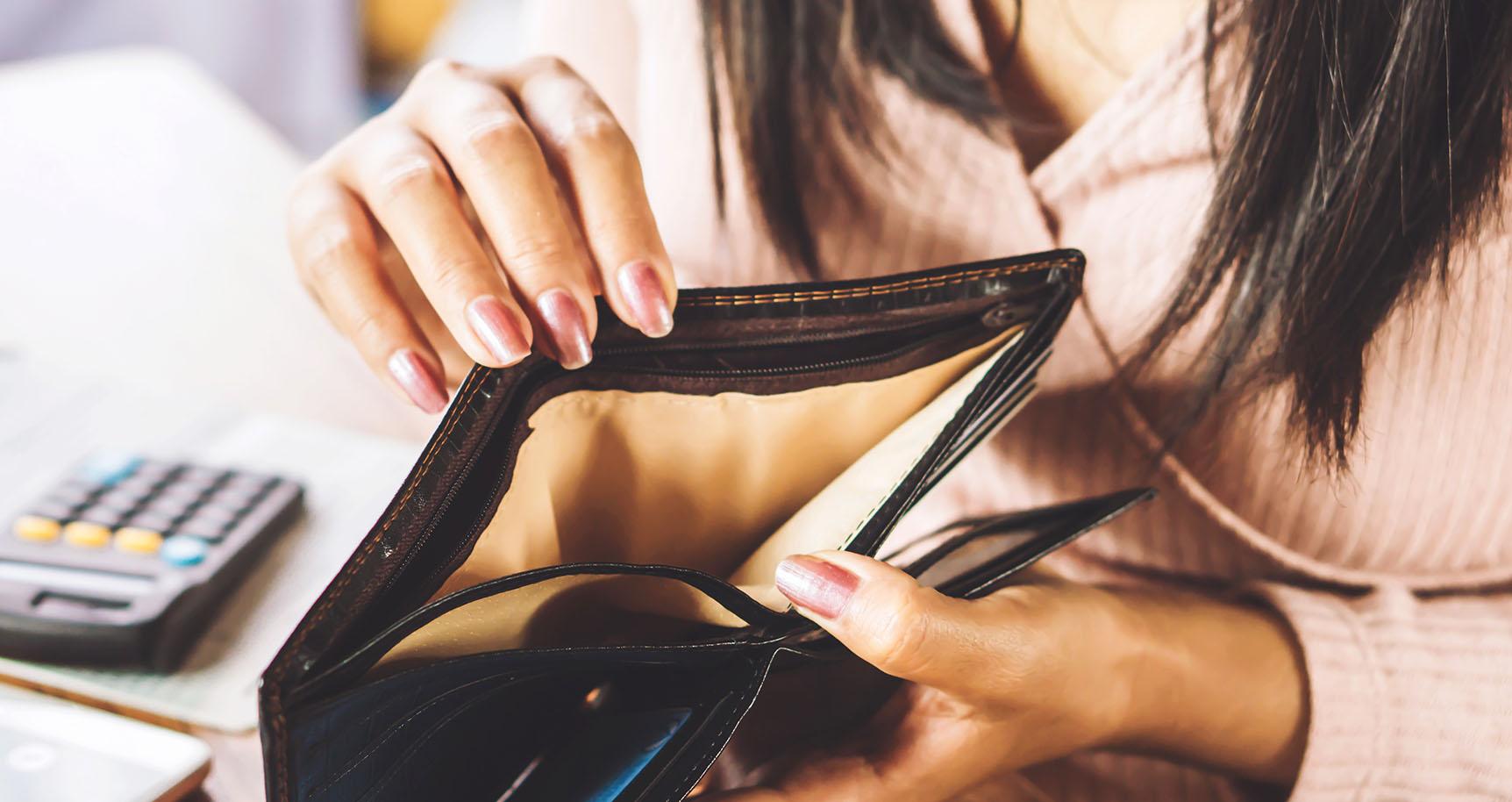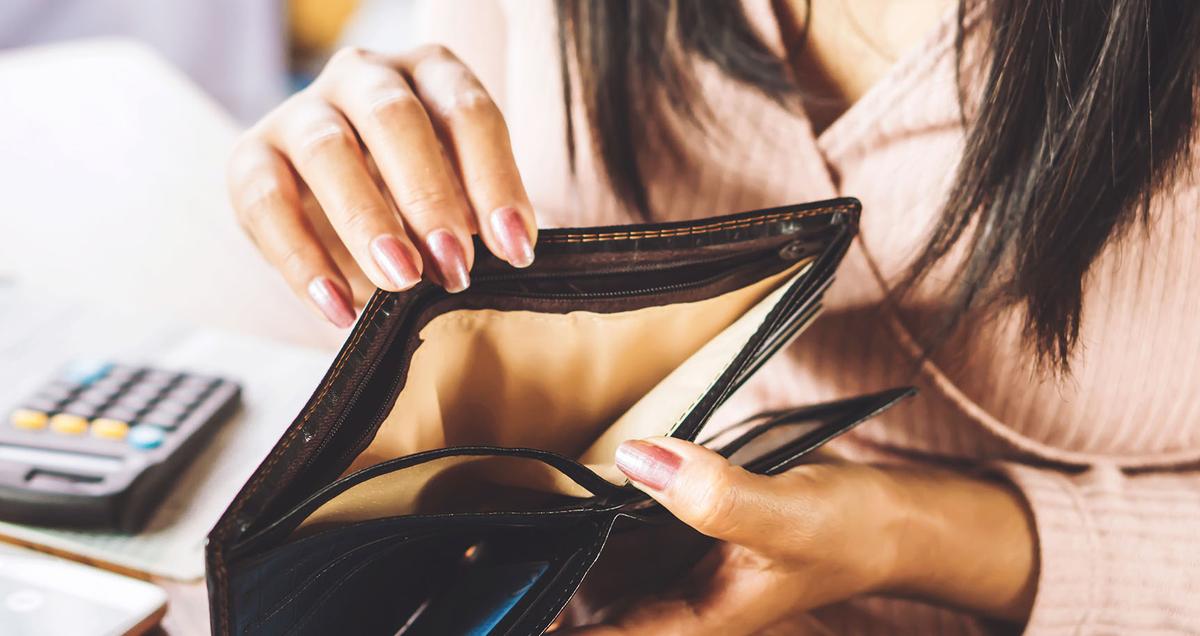Four things to know about payday loans


Whether you visit a walk-in location or use an online lender, payday loans can be expensive. Here are some important things you should know when considering a payday loan.
1. How do payday loans work?
To qualify for a payday loan, you’ll usually need an active bank account, identification, and proof of income, such as a pay stub. You must be at least 18 years old. According to the Consumer Financial Protection Bureau (CFPB), payday loans may involve writing a postdated check to the lender for the full loan amount, plus a fee, to be cashed with your next paycheck. Or, you may have the option to provide the lender with authorization to electronically debit the funds from your bank, credit union, or prepaid card account on your next payday.
Payday loans are requested a for a specific amount, which may be capped depending on your state of residence. If approved, you receive cash on the spot, or money is deposited in your bank account within one or two days. You repay the loan on your next payday.
If the balance isn’t paid in full in one payment, the borrower may have the option to roll over the loan balance. Depending on the lender and the state you live in, you could be charged a late fee, nonsufficient fund fee, or other fees in addition to continued interest charges.
2. How much do payday loans cost?
The interest and fees associated with payday loans are high, especially when you factor in the length of the loan. According to the CFPB, many state laws set a maximum amount for payday loan fees, which typically range from $10 to $30 for every $100 borrowed.
If your payday lender charges you a $15 fee for every $100 borrowed, that would be a simple annual percentage interest rate (APR) of 15% if it was spread over an entire year. But because payday loans must be repaid in a short time, the APR goes up. For example, if you have to repay your loan in two weeks, that 15% finance charge equates to an APR of almost 400% because you’re spreading out the interest over just 14 days instead of 365. By comparison, APRs on credit cards can range from about 12% to 30%.
3. Are payday loans popular?
Every year, more than 12 million borrowers take out payday loans. People who need cash between paychecks may view these loans as a quick and easy solution to unexpected expenses or a way to pay for non-negotiable everyday expenses, such as rent, utilities, and groceries.
Keep in mind that some states do not have payday lending because these loans are not permitted by the state’s law or because payday lenders have decided not do to business at the interest rate and fees permitted in those states.
4. What are alternatives to payday loans?
Consumers may turn to payday loans because they think it is the only option when they are cash-strapped. However, there are other alternatives to using payday loans, including local nonprofits, charities, medical debt assistance programs, family loans, and other resources. Or, you may qualify for financial assistance to help with your heating bill, housing costs, or food bills through your state or federal government.
Here are other alternatives to consider.
Payday alternative loans (PALs). Some federal credit unions offer PALs, which are unsecured, small-dollar loans as an alternative to predatory loans. A borrower must be a member of the credit union for at least a month.
Small-dollar bank loans. Some major banks now offer small-dollar loans for $1,000 or less. These loans typically come at a lower cost and with stronger safeguards than payday loans. The banks primarily base their qualifications on the customer’s account history with them.
Credit cards. If you have a credit card, you may be able to request a cash advance. This can be an expensive option, with higher interest rates and additional fees. Instead of a cash advance, you could simply charge your emergency purchase to your credit card, if you have available credit.
Lease-to-own financing. In this type of financing, you’re able to take home merchandise, such as tires, mattresses, appliances, and other durable goods, while making lease payments over time. Once the terms of a lease are fulfilled, you own the item. Lease-to-own financing is available to all credit types. While overall costs are usually higher than traditional financing, they are often lower than payday loans and have more manageable payment schedules.
Personal loans. Depending on your credit score, you may qualify for an unsecured or secured personal loan, which comes with a fixed rate. Applying for a loan with a cosigner is another option.
Payment plans. Contact your credit card company, utility company, or landlord to see if you can work out an alternative payment arrangement. In an emergency, creditors may be flexible.
If you do find yourself in a financial emergency, carefully consider your options. Payday loans may seem like an easy way to quickly get cash, but they often come at a high cost. Knowing more information about payday loans and their alternatives can help you make the best financial decisions for you and your situation.
Get what you need with Snap Finance
Snap knows that traditional financing isn’t available to everyone. Snap-branded products include bank installment loans, retail installment contracts, and lease-to-own financing for all credit types.¹ If less-than-perfect credit is keeping you from getting what you need now, Snap can help.
-------
Snap-branded product offering includes retail installment contracts, bank installment loans, and lease-to-own financing. Talk with your local Snap sales representative for more details on which product qualifies at your store location. For more detailed information, please visit https://snapfinance.com/legal/financing-options.
¹Not all applicants are approved. While no credit history is required, Snap obtains information from consumer reporting agencies in connection with submitted applications, and your score with those agencies may be affected.